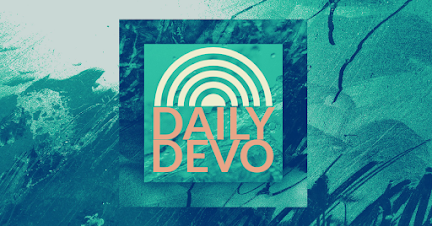Midwinter Blues
The way my head works is that I will keep all of these snippets of quotes, poems, song lyrics, and the like in a file that I peruse almost daily until I know what I need to write about them.
Today was the day to reflect with Hughes on life and death and this amazing poem:
I’m gonna buy me a rosebud
An’ plant it at my back door,
Buy me a rosebud,
Plant it at my back door,
So when I’m dead they won’t need
No flowers from the store.
"Even if I knew that tomorrow the world would go to pieces, I would still plant my apple tree."
Like Luther, the speaker in the poem refuses to let his mortality stand in the way of his hope. He declares that he's going to "buy me a rosebud," and "plant it at my back door," which serves as a sign and symbol of resurrection.
The speaker plants the rosebud in hopes that those who come after him will revel in their beauty, but also so they will have the memory of his life to comfort them.
In his own way, he is looking after his friends and family, hoping that their lives will be full and free from worry. He hopes that even as they clip roses for his funeral, they will see them as evidence of his presence in their lives---even though he is gone.
Lent is a season full of returning.
We return to the practices that sustained us in time of trial---prayer, spiritual practices, gathering, worship, and repentance. And in our repentance, we return to the paths that guide us to our best and truest lives.
And Lent is also a season of returning to the sure and certain knowledge that there is little in this life that is permanent, but what is good, beautiful, and true will last forever--no matter what form it takes.
May it be so for you today and every day from this day. And may the grace and peace of our Lord Jesus Christ be with you now and always. Amen.




Comments
Post a Comment
Thanks for leaving a comment! If you comment Anonymously, your comment will summarily be deleted.